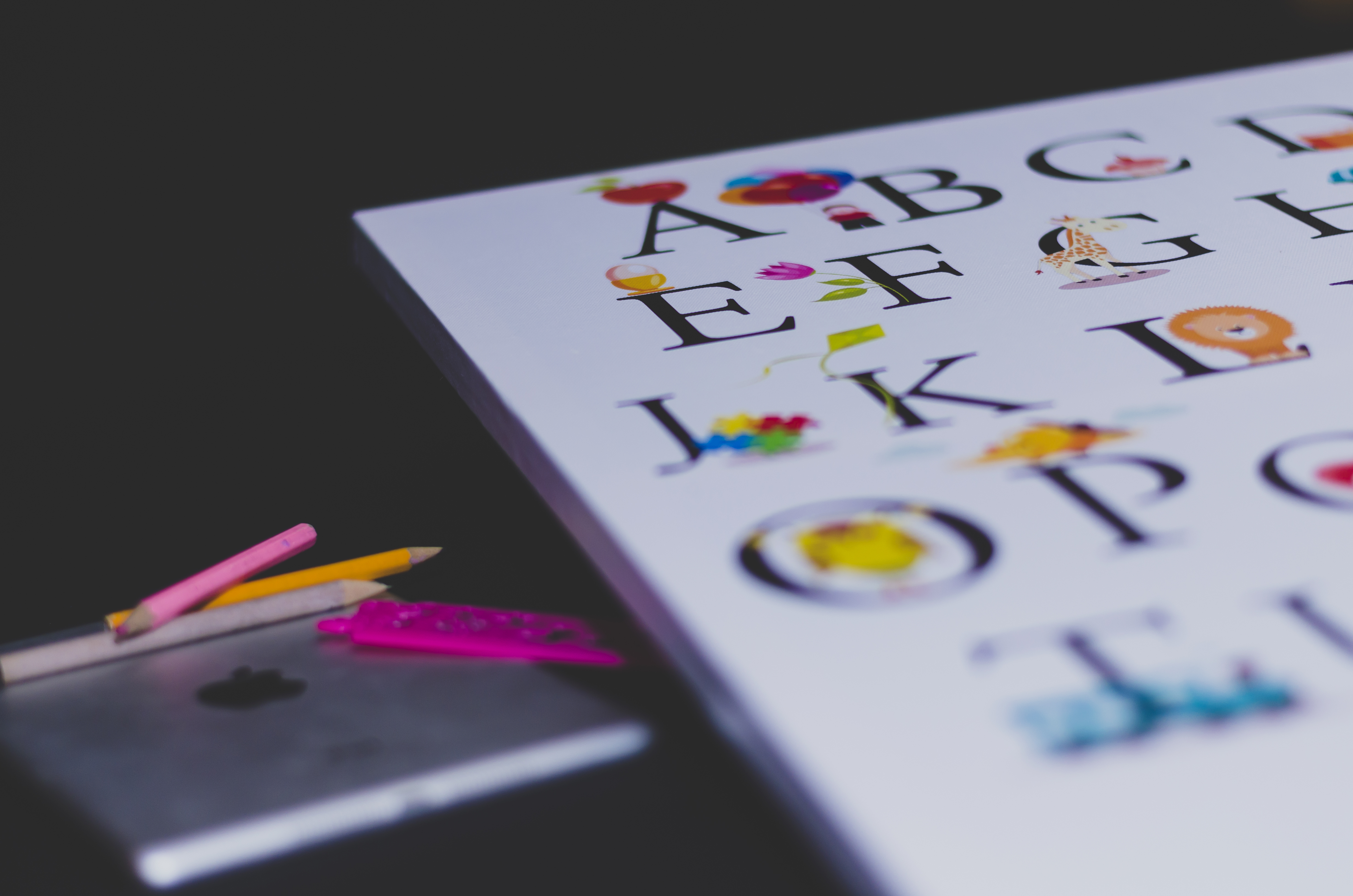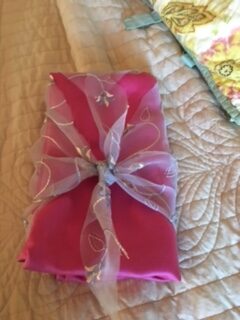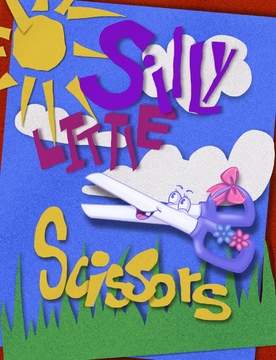When teaching one ought to know why and how the curriculum one is using was created.
What is pedagogy?
Pedagogy is the approach to teaching, the theory and practice of learning and how this process is influenced by trends and novel approaches.
Those who create curriculum base the curriculum on two underpinning philosophies of pedagogy.
Constructivism or Direct, Systematic, Explicit Instruction
What is Constructivism? The teacher acts as a “facilitator” and students are discovering ideas. Students construct their own understanding and knowledge of the world, through experiencing things and reflecting on those experiences. In a purely constructivist classroom the teacher never tells but guides the children. Questioning is a big part of this type of learning.
Children “discover” rather than are taught.
Children are the center of instruction. They lead the way.
This is touted as “active learning,” a novel approach.
Research does not support constructivism but college professors in teacher training are solidly behind this type of teaching. No wonder you didn’t want me to talk to you, you are clearly right, what would I know if I came out of that mindset?
This article entitled, “Constructivist Pedagogy is Like a Zombie that Refuses to Die” is really a great critique of this method.
And scientific evidence entitled, “Why Minimal Guidance During Instruction Does Not Work: An Analysis of the Failure of Constructivist, Discovery, Problem-Based, Experiential, and Inquiry-Based Teaching.”
Here’s an explanation from the supportive point of view of constructivism.
https://www.thirteen.org/edonline/concept2class/constructivism/
What is Direct, Systematic, Explicit Instruction? This is often systematic and explicit. The teacher uses this method to teach and build upon prior learning.
This is often called “passive learning,” which has negative connotations.
Constructivism is responsible for the “Whole Language” reading approach. The “Whole Language” reading approach is built on a false premise that since they learned to speak without instruction, children learn to read without instruction. No phonics is ever involved in a pure “Whole Language” approach and if it is, the phonics is NOT correlated to the reading instruction. It’s a mess!
Constructivism is also responsible for the writing approach called, “Inventive Spelling.” Children write without learning any rules in grammar or spelling. It is thought that the children will learn this through discovery. The teacher does not correct spelling or grammar.
Constructivism is responsible for the idea that children ought to explain why and how they arrived at an answer in math or science. This is a process that is often tedious and takes a long time. The reasoning here is not so much for the teacher but for the child to “discover” a method of learning that best suits him or her.
Some curriculum you will see that is based on this method:
Writer’s Workshop No grammar, just writing “small moments.”
Reader’s Workshop, Leveled readers, children are not taught any phonics.
Jargon:
“21st Century Learners,” “Balanced Literacy”, “Discovery Learning” “Child-Centered Learning”
The Waldorf School is based on constructivism. In France, Freinet pedagogy is the same.
Direct, Systematic, Explicit Instruction: This method is responsible for teaching children how to read via systematic phonics, spelling, grammar, writing, etc. Teachers teach spelling rules and grammar, they teach handwriting, even how to hold a pencil.
In math or science, facts are taught, moving quickly along the facts and building upon each other.
Modeling is a big part of this type of instruction.
What happens to content, facts in each of these?
As you may intuit, constructivism can take children a long time to get to answers and move along. Children will learn poor habits, even in the pencil grip, and letter formation. So moving through a curriculum that is based on constructivism takes a very skilled teacher who can teach in this manner. If you let the child lead via inquiry and interests there’s no telling what is covered and what is not.
(Even the skilled teacher however, will neglect to teach important pillars because of the nature of the method.)
This method of teaching prevails and has dominated public education and infiltrated private education as well.
Constructivism as a philosophically is attractive to adults who want to see children as their own teachers. To let the children control the learning.
Most teachers are taught in teacher training that they will create lessons and the children will easily learn with a constructivist method at the core. Of course there are no courses in how to write curriculum in college, it is thought that this comes naturally to teachers.
Direct, Systematic, Explicit Instruction: This curriculum is based on instruction that is much easier to follow and intuitive.
A good teacher can easily make progress with curriculum based on this type of instructional method.
It’s important to note that often Direct, Systematic, Explicit, Instruction is labeled “Traditional.” Teachers and administrators don’t like being called, “Traditionalists” rather they prefer the label of “Facilitator.”
A Classical Education falls under this type of teaching.
See “GreatHearts” Foundation, an exemplary charter school using this method to teach.
Can we have both?
A good teacher who has taught using Direct, Systematic, Explicit Instruction will incorporate constructivism into the learning when appropriate.
However, a constructivist teacher is often not trained in any solid curriculum and so her teaching may not include a lot of Direct, Systematic, Explicit Instruction (DSEI) and her classroom might look fun and novel but compared to the DSEI classroom next to her, her children will lag.
What do most homeschoolers choose for early childhood?
Most homeschoolers choose curriculum that is based on Direct, Systematic, Explicit Instruction.
The teaching is made easy in these curricula because it’s often scripted, explicit and fully correlated. This makes the parent feel more comfortable with lessons and of course because you’re not struggling for what and how to teach these curriculum leave plenty of time for play and discovery.
There are parents who use constructivist based learning programs, this really depends on the parent and what he or she wants to achieve.
Teaching your child to read, write and spell is probably the most important instruction you can give. Here is what the research says to do:
BEST PRACTICES for Reading Instruction
What do I recommend?
For a Scope and Sequence, I like the CORE KNOWLEDGE SCOPE AND SEQUENCE.. (The old book not the new one.)
Sing, Spell, Read & Write for Language Arts. I also use Musical Math for fun math fact learning. (If you call 1-855-321-TEACH and order mention that you learned about the program from my blog, Dianne Dickson Fix has promised to give you a discount!)
I recommend Singapore Math or Saxon Math for Math instruction.
Science in a NutShell for fun science experiments and work.
Kathy Troxels: Geography Songs, Grammar Songs.
For Writing:
Whole Brain Teaching for Writing
HOMESCHOOL CURRICULUM I LIKE:
My sister who homeschooled likes this one:
Homeschool sites:
REVIEWS! CATHY DUFFY has been around a LONG TIME!
Geography, American History, World History, Geography, Latin, Poetry Memorization, etc. I’d just follow the Core Knowledge Scope and Sequence requirements and find books, or work that matches. Any teachers site or homeschool site will have something. But try to make sure you’re following required curriculum, this way you won’t be all over the place with this.
Is homeschooling better than the classroom?
Most teachers in early childhood are overwhelmed with constructivist language arts and math requirements and curriculum choices. In addition a classroom also has behavior issues that must be addressed and classroom logistics and management. Teachers are loaded down.
You will give your child an education that is tailored to your interests and your child’s well-being. Your child will receive a well-rounded education.
There are some really great schools and I would love to work at one of them. There are great teachers as well! School can be really fun, but homeschooling has many benefits.
Do your best in homeschooling, reach out to your friends or other support systems, and you and your children will be fine!
Enjoy the journey!
My story of how I became a strong advocate for Sing, Spell, Read & Write.



